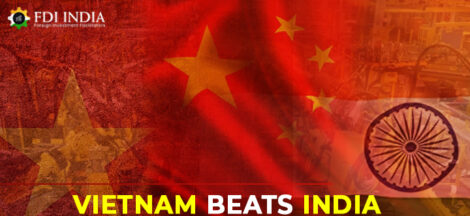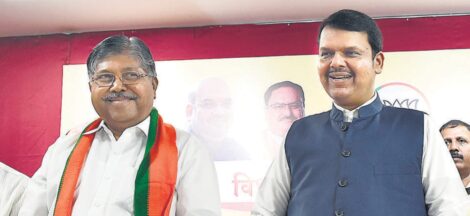By
Paul Dobson
Self-proclaimed “interim president”
Juan Guaidó of Venezuela named a number of “diplomatic representatives” to
those countries which have recognized him during the past week. The government
of Nicolás Maduro, the actual president of Venezuela, along with its
international allies are responding to new U.S. oil sanctions and preparing for
possible military intervention.
Guaidó designated fellow high-profile
opposition members Julio Borges and Carlos Vecchio as representatives before
the Lima Group and Washington respectively. Both have been associated with violent
attempts against the Maduro government in recent years, with Borges implicated
by authorities in the August drone terrorist attack and Vecchio having fled
charges including arson and instigation of violence in 2014. Elisa Trotta was
stationed in Argentina, Orlando Viera in Canada, Humberto Berti in Colombia,
and Rene de Sola in Ecuador.
Following the appointments, U.S. Vice
President Mike Pence held an hour-long meeting with Vecchio and Borges in
Washington, after which another call for the Venezuelan armed forces to rebel
the Maduro government was made.
Despite the naming of “diplomatic
representatives” by the National Assembly president, the international
skirmishes surrounding Guaidó’s recognition as Venezuela’s head of state have
continued.
New Zealand announced its refusal to
go along with Australia and other western countries in recognizing Guaidó and
reaffirmed its backing of President Maduro. Meanwhile, despite repeated appeals
by the Venezuelan opposition, Pope Francis likewise refused to recognize the
opposition leader, warning of his fears of “bloodshed.” The Vatican was
represented at Maduro’s January 10 inauguration and continues to have
diplomatic relations with his government.
Reports also suggest that the European
Union has failed to achieve a consensus to back Guaidó, despite the key members
of the UK, Germany, and France all doing so. Uruguayan President Tabaré Vázquez
revealed that EU Foreign Affairs High Representative Federica Mogherini called
him Monday to discuss the possibility of Uruguay hosting an international
dialogue summit to resolve the political crisis. Uruguay’s El Pais newspaper
reported that “according to the President, Mogherini told him that ‘it is
certain’ that Europe will not have the necessary majority to recognize Guaidó
as interim president of Venezuela.”
Meanwhile, the pressure is growing on
Guaidó inside Venezuela, with the country’s Supreme Court issuing a travel
restriction on the National Assembly Deputy following a request from Attorney
General Tarek William Saab, as well as ordering the freezing of his local bank
accounts whilst an investigation continues into his recent actions. On January
25, the Associated Press reported that as part of the preparations for his
attempted seizure of power, Guaidó secretly traveled to Washington, Colombia,
and Brazil in mid-December.
The measures generated a vociferous
response from the Trump administration Tuesday, who threatened “serious
consequences” should either Guaidó or any of their diplomatic staff be
arrested.
Both Venezuelan and foreign
authorities reacted angrily to the new sanctions announced by Washington
Monday, which amount to an effective embargo on Venezuelan oil.
Speaking in Caracas, President Maduro
promised an “equal” response from nationalized oil company PDVSA, describing
the sanctions—which included the freezing of PDVSA’s U.S. subsidiary CITGO by
U.S. authorities, the prohibition of transactions using bonds, and a general
prohibition from engaging in transactions with PDVSA—as “daylight robbery.”
Venezuela’s Oil Minister and President
of PDVSA Manuel Quevedo promised to take to international courts to overturn
the sanctions. “We are evaluating all options … we aren’t going to allow them
to take our oil and steal our resources,” he explained. Washington “must be
paying the devil in oil,” he added.
For their part, China and Russia, who
have significant oil contracts with PDVSA, also reacted to Washington’s move,
while internationally the price of oil remained steady.
Russia’s Kremlin spokesperson Dmitri
Peskov described the restrictive measures as “illegal” and reinforced his
government’s support for Caracas. CITGO was used as collateral for a loan deal
with Russian state oil company Rosneft.
Chinese authorities also responded to
the measures, with Foreign Ministry spokesperson Geng Shuang claiming that they
are “unilateral” and that his government “opposes them.”
“Historical experience has proved that
external interference or sanctions will only complicate the situation and will
not help solve practical problems…with sanctions leading to a deterioration of
the people’s livelihoods in Venezuela, and [those who imposed them] should be
responsible for the serious consequences,” he went on to state.(IPA Service)
Courtesy:
People’s World
The post Maduro Gets Strong Support From China, Russia appeared first on Newspack by India Press Agency.


